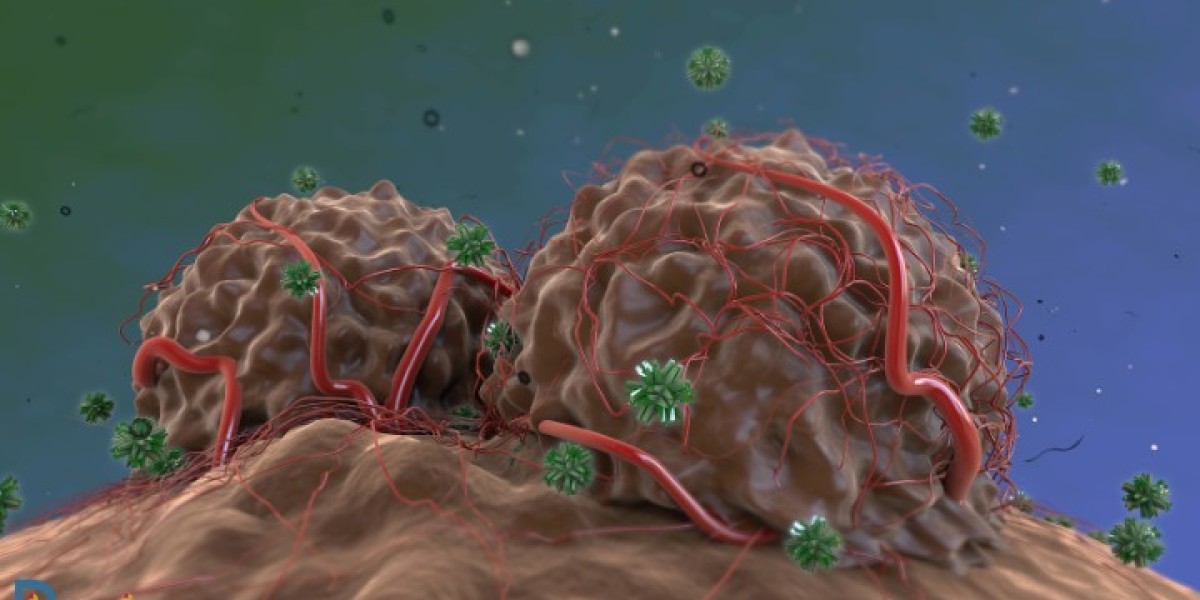Understanding HR+/HER2- Breast Cancer
HR+/HER2- breast cancer is characterized by the presence of hormone receptors (either estrogen or progesterone) and the absence of the HER2 protein. This subtype generally has a better prognosis than HER2-positive breast cancers, but it still presents significant challenges, including the risk of recurrence and resistance to standard hormonal therapies.
Traditional Treatment Approaches
Historically, HR+/HER2- breast cancer has been treated with:
Hormonal Therapies: Medications like tamoxifen and aromatase inhibitors block hormone receptors and inhibit tumor growth.
Chemotherapy: Often used in advanced stages or when hormonal therapies fail.
While these treatments have been beneficial, they can also lead to substantial side effects, and not all patients respond favorably.
Innovative Treatment Modalities
1. CDK4/6 Inhibitors
Overview: CDK4/6 inhibitors, such as palbociclib, ribociclib, and abemaciclib, have revolutionized HR+/HER2- breast cancer treatment.
Mechanism: These drugs inhibit proteins that drive cell division, thereby blocking tumor proliferation when used alongside endocrine therapies.
Clinical Impact: Studies have shown that the combination of CDK4/6 inhibitors with hormone therapy significantly extends progression-free survival (PFS) in patients, offering renewed hope.
2. PI3K Inhibitors
Overview: Alpelisib is a targeted PI3K inhibitor that has been shown to be effective in patients with PIK3CA mutations.
Mechanism: By blocking the PI3K signaling pathway, this treatment disrupts cancer cell survival mechanisms.
Clinical Impact: Clinical trials have indicated that alpelisib combined with letrozole improves outcomes for patients with advanced disease, highlighting the importance of personalized medicine.
3. Selective Estrogen Receptor Degraders (SERDs)
Overview: SERDs like elacestrant represent a new approach to treating HR+/HER2- breast cancer by targeting estrogen receptors more effectively.
Mechanism: These agents not only block estrogen receptor activity but also promote receptor degradation, providing a more potent form of treatment.
Clinical Impact: Early clinical trials have shown promise in patients with advanced disease who have progressed on standard therapies, suggesting a potential new line of treatment.
4. Novel Combination Therapies
Overview: Research into innovative combinations of existing and emerging therapies is ongoing.
Example: Combining CDK4/6 inhibitors with other endocrine therapies or immune checkpoint inhibitors is being explored.
Clinical Impact: These combinations aim to enhance treatment efficacy and overcome resistance, showcasing a more comprehensive approach to patient care.
Ongoing Research and Future Directions
Continuous research and clinical trials are essential to advancing treatment options for HR+/HER2- breast cancer. Key trials include:
MONALEESA Trials: Investigating the efficacy of ribociclib in combination with endocrine therapy.
SOLAR-1 Trial: Evaluating alpelisib's role in treating PIK3CA-mutated patients.
These trials are not only shaping treatment protocols but also paving the way for new therapeutic options.
Conclusion
The emergence of innovative treatments for HR+/HER2- breast cancer is revolutionizing patient outcomes and changing the landscape of oncology. With therapies like CDK4/6 inhibitors, PI3K inhibitors, and SERDs, patients now have access to more effective and targeted treatment options. As ongoing research continues to unveil new possibilities, the focus on personalized medicine and combination therapies will further enhance the quality of care for individuals battling HR+/HER2- breast cancer. This transformative approach offers renewed hope and improved prognoses for patients, redefining what is possible in breast cancer management.
Latest Reports
Pharmaceutical Consulting Companies | Progressive Multifocal Leukoencephalopathy Market | Necrotizing Enterocolitis Market | Chronic Progressive Multiple Sclerosis Market | Brain Aneurysm Stents Market | Chronic Hepatitis Delta Virus Market | Post-transplant Lymphoproliferative Disease Market | Filgrastim Biosimilar Insight | Peripheral Neuropathic Pain Market | Chronic Gout Market | Human Papilomavirus Market | Allergic Asthma Due To Dermatophagoides Farinae Market | Epithelial Ovarian Cancer Market | Neurovascular Devices Market | Palmar Hyperhidrosis Market Size | Adrenogenital Syndrome Market | Blood Gas And Electrolyte Analyzers Market | Bone Anchored Hearing Systems Market | Cardiac Resynchronization Therapy Device Market | Gout Market | Healthcare Subscription Models | Menopause Market | Allergic Rhinoconjunctivitis Market | Cerebral Aneurysm Market







